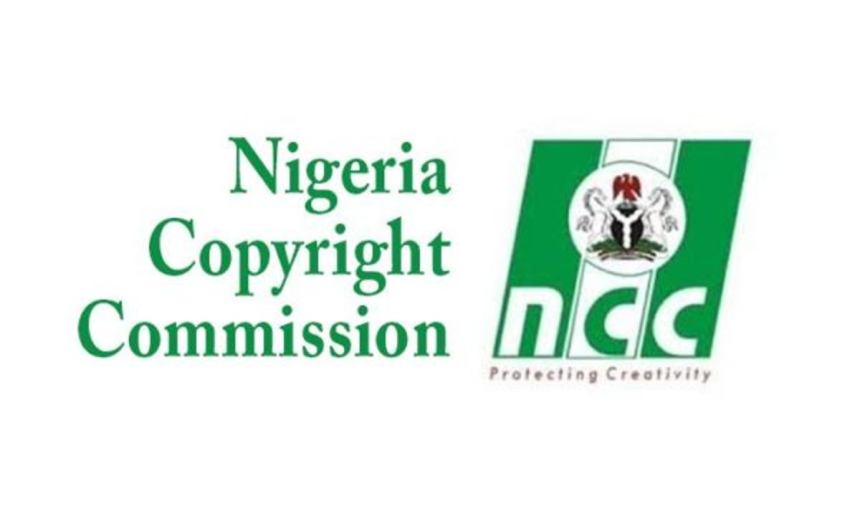Mr John Asein, Director-General, Nigerian Copyright Commission (NCC), has urged the nation’s researchers and academics to explore intellectual property framework for national development, especially in science and medicine.
He made the call in an interview with News Agency of Nigeria (NAN) on Monday while expressing goodwill message to Nigerian intellectual property creators and innovators for the 2020 Intellectual Property (IP) Day.
NAN reports that the World Intellectual Property Day, established by the World Intellectual Property Organisation (WIPO), is observed annually on April 26.
It is to raise awareness of how patents, copyright, trademarks and designs impact on daily life, and to celebrate the contribution made by creators and innovators to the development of societies across the globe.
READ ALSO :COVID-19: APC lambasts PDP for asking President Buhari to visit Kano amid Mysterious Deaths
The theme for this year’s celebration is “Innovate for a Green Future” aimed at taking a closer look at green innovation and sustainable technology.
According to Asein, effective application of intellectual property can assist Nigeria to unlock its vast potential and empower more communities to become global players in the fields of science and medicine.
He, therefore, called on academics and researchers to explore and provide empirical, IP-driven support to help refine, validate and propagate our traditional knowledge for the benefit of humanity.
“Nigeria must continue to harness its rich diversity of traditional knowledge, and through a careful infusion of the modern intellectual property system, provide both positive and defensive protection for its traditional knowledge.
“As the world marks this year’s IP Day, we urge academics and researchers to look inward and provide empirical support to help refine, validate and propagate our traditional knowledge for the benefit of humanity.
“A green future should be one that also guarantees the protection of the nation’s biodiversity and the sustainable use of appropriate innovation.
“This includes traditional knowledge, to find simple, safe and sustainable solutions for daily challenges in health, well-being, food, shelter and environmental safety.
“This will complement government’s ongoing efforts at self-sufficiency and the vision for Nigerians to grow what we eat and consume what we make,” he said.
The DG observed that the COVID-19 pandemic had exposed the fragile ecosystem of the world and reminded mankind of the need to use technology, creativity and innovation in a balanced, responsible, human-friendly and sustainable manner.
He added that the current global scourge had exposed the vulnerability of developed and developing countries alike and how the choices made in one part of the world today could affect other parts.
He, therefore, noted that there was no better time than now for the world to appreciate the consequences of the daily choices being made in different areas of human life.
“The world can no longer ignore the consequences of unwholesome practices and innovations that threaten ecosystems, distort climatic conditions, deplete farm yields and foist untold hardship on people.
“The depletion of the ozone layer, increasing global warming, acid rain, ocean plastic waste, water pollution, are some of these byproducts that threaten humans, animals and the planet on which we coexist.
“The 2018 Global Innovation Index released by WIPO forecasts that by 2050, 85 per cent of the world’s primary energy needs will be derived from renewables, such as solar, wind, and geothermal power.
“Countries are therefore encouraged to develop policies that support renewable energy and, fortunately, Nigeria is well endowed and it is already taking steps toward boosting the country’s performance index in the field of green technology,” he said.
The director-general, urged everyone to embrace the campaign for a green future, adding that the commission would continue to give institutional support as part of a national strategy for a balanced and robust intellectual property.



Leave a Reply